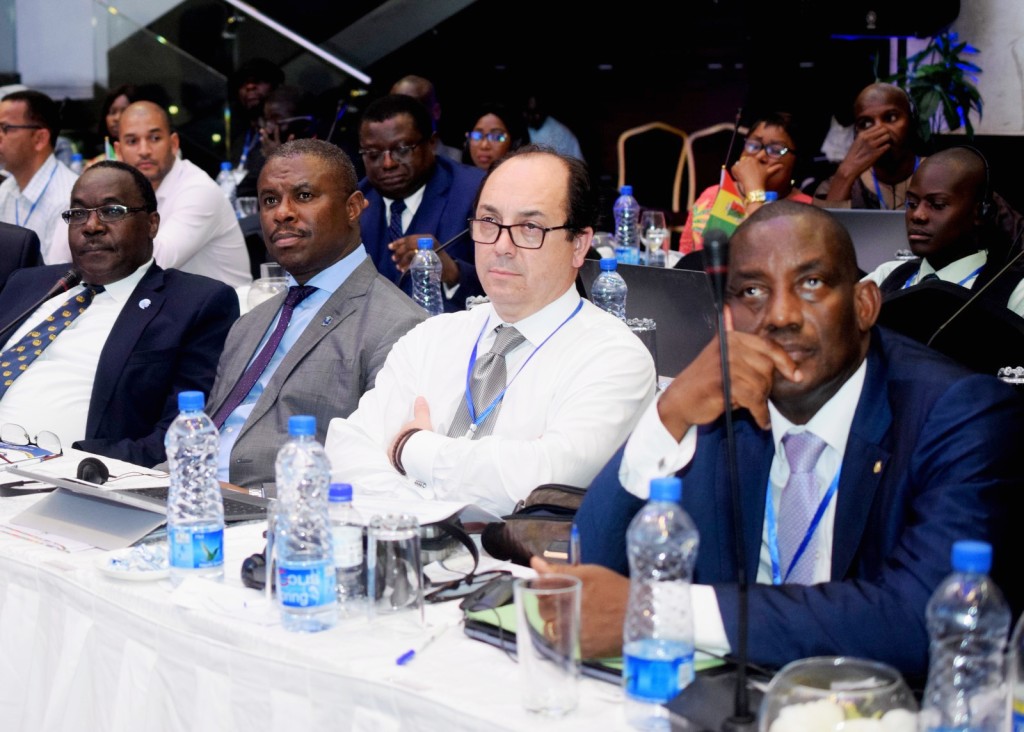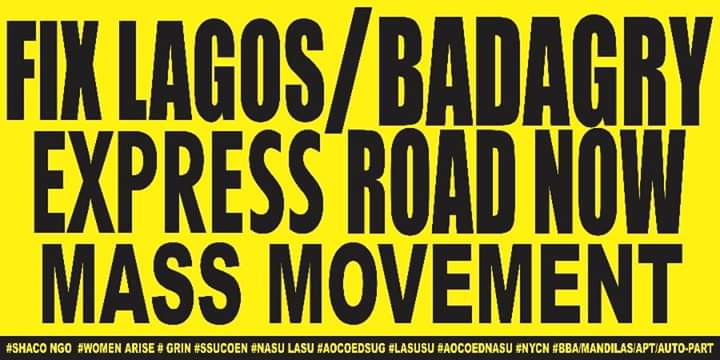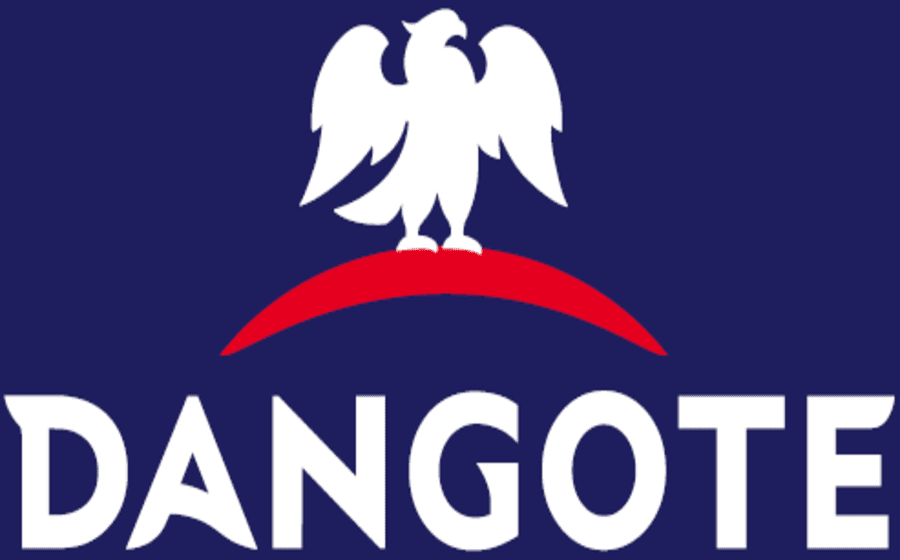The Minister of Transportation, Rt. Hon. Chibuike Amaechi has disclosed as the African Continent forges ahead with phase II negotiations for the creation of the African Continental Free Trade Area (AFCFTA), the maritime sector remains critical to seamless trade and effective economic integration between African nations.
The Minister who affirmed this in his keynote address at the opening of a two-day Regional Workshop on UN Sustainable Development Cooperation Framework: A process to mainstream the maritime sector organised by the Nigerian Maritime Administration and Safety Agency (NIMASA) in conjunction with the International Maritime Organisation (IMO) and the United Nations Economic Commission for Africa (UNECA) in Lagos said that the Maritime Transport Plan and Strategy when fully completed will also provide a robust enabling framework for achieving Nigerian maritime objective and foster Public, Private sector collaboration and inter-regional cooperation.
“This workshop is an essential step in a continuing shift in strategic thinking about the sustainable development of our nations and will no doubt provide an opportunity for stakeholders here present to develop the much needed cooperation framework in addressing the Sustainable Development Goal (SDG)”, Amaechi said.
The Minister, represented by the Director General of NIMASA, Dr. Dakuku Peterside stated “our approach, therefore, towards the realisation of the SDG is contingent on our joint effort and ability to put in place the much needed cooperation framework in collaboration with critical stakeholders using the maritime sector as a veritable tool to promote agricultural development, food security, industrialisation and economic transformation of our nations, the region and the entire continent”.
He said there is the need for the leaders of the various countries in the continent to understand the workings of the maritime sector, as maritime transportation plays an important role in a nation’s economic development.
“As a country, we align with the initiative of the IMO to mainstream maritime transportation and the maritime sector to the economic planning of our various nations and also in the strategic planning. Not only are we going to mainstream maritime transport to the economic strategies of our various countries, there is being a shift from looking unto other countries for assistance to working with other countries, international partners in a cooperative and collaborative manner”, Dakuku stated.
The Director, Technical Cooperation Division of the IMO, Mr. Juvenal Shiundu in his remarks gave the assurance that the IMO is committed to assisting member states on the United Nations 2030 Sustainable Development Goal (SDG) agenda.
He said, IMO’s commitment to the 2030 Agenda for Sustainable Development is manifestly reflected in its General Assembly Resolution (A.1126) adopted at its 30th session in 2017, which includes among others, invitation to Member States, partner organizations to coordinate and work with the five United Nations Regional Economic Commissions to ensure that the maritime sector is reflected in regional programmes.
Business Hilights gathered that the two-day workshop is to create a forum for all the key players and stakeholders involved in the Cooperation Framework process to meet, establish the necessary contacts, which will be needed for future collaboration and for the inclusion of maritime in the mainstream of their economic strategies towards economic growth.









